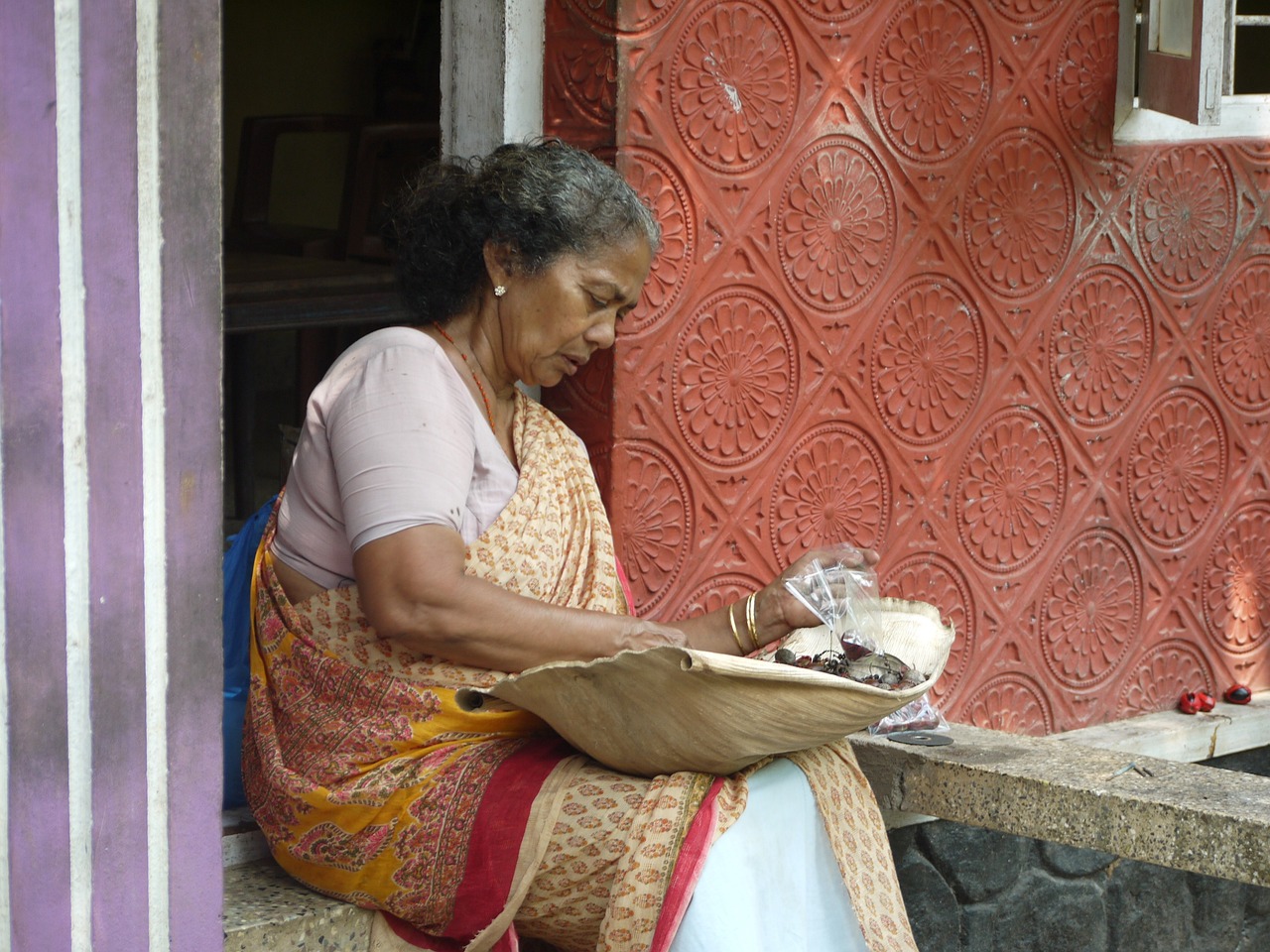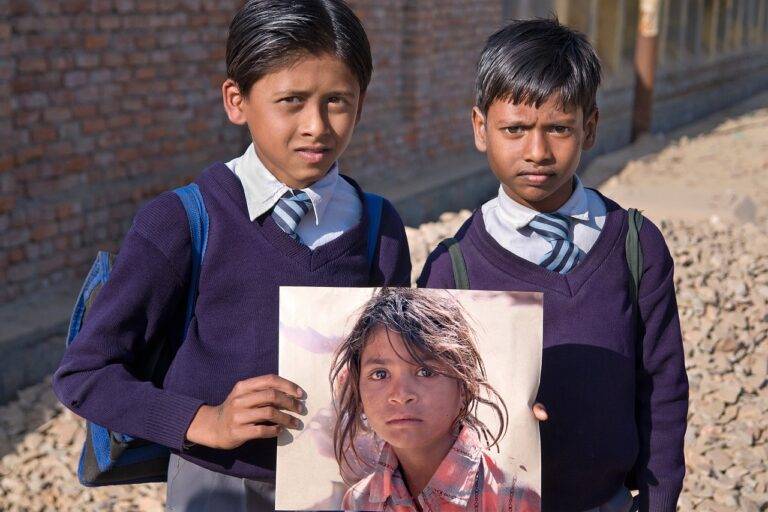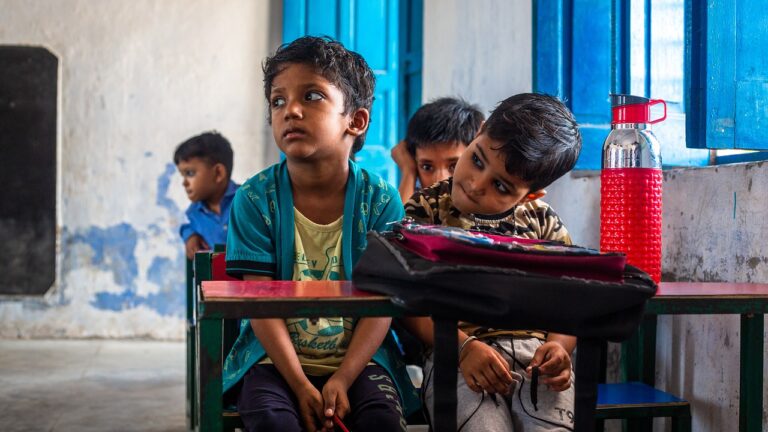Analyzing the Impact of Social Media on Election Day Procedures: Sky247 log in, Gold365, Gold win 365
sky247 log in, gold365, gold win 365: Social media has become a powerful tool in shaping public opinion, especially during election season. With platforms like Facebook, Twitter, and Instagram being widely used by politicians, political parties, and everyday citizens, the impact of social media on election day procedures cannot be ignored.
1. Voter Engagement
Social media allows politicians to directly engage with voters, providing a platform for real-time communication about campaign issues and policies. Candidates can reach a wide audience quickly and easily, encouraging voter participation on election day.
2. Dissemination of Information
Social media is a key tool in spreading information about voting procedures, polling locations, and important deadlines. By utilizing social media platforms, election officials can reach a larger audience and ensure that voters are informed and prepared for election day.
3. Grassroots Campaigning
Social media provides an opportunity for grassroots campaigning, allowing individuals and groups to mobilize support for specific candidates or causes. This can be particularly effective in reaching younger voters who are active on social media platforms.
4. Targeted Advertising
Social media allows for targeted advertising, enabling political campaigns to reach specific demographics with tailored messages. By utilizing data analytics, campaigns can identify key voter groups and create personalized content to sway their opinions.
5. Real-Time Monitoring
Social media provides a means for election officials to monitor voter sentiment in real-time. By analyzing social media posts and engagement, officials can gauge public opinion and address any concerns or issues that may arise on election day.
6. Combatting Misinformation
While social media has the potential to spread misinformation, it also provides a platform for fact-checking and debunking false claims. Election officials and social media platforms can work together to address misinformation and ensure that voters are well-informed.
7. FAQs:
Q: Can social media influence election outcomes?
A: While social media can shape public opinion, it is just one factor in a broader election landscape. Ultimately, voter decisions are influenced by a multitude of factors beyond social media.
Q: How can election officials utilize social media effectively?
A: Election officials can use social media to disseminate information, engage with voters, and monitor public sentiment. By leveraging social media platforms, officials can enhance transparency and communication throughout the election process.
Q: Is social media regulation necessary during election periods?
A: There is ongoing debate about the need for social media regulation during election periods. While some argue for stricter regulations to combat misinformation, others believe in the importance of free speech on digital platforms.
In conclusion, the impact of social media on election day procedures is undeniable. From voter engagement and grassroots campaigning to targeted advertising and real-time monitoring, social media plays a crucial role in shaping the modern electoral landscape. By embracing the opportunities presented by social media, election officials can enhance transparency, communication, and voter participation in the democratic process.







